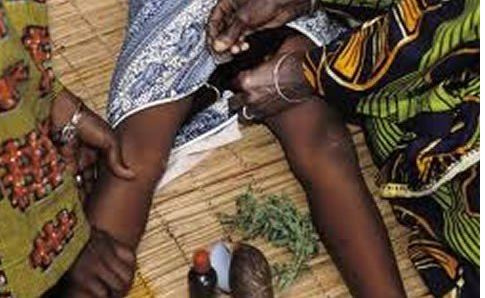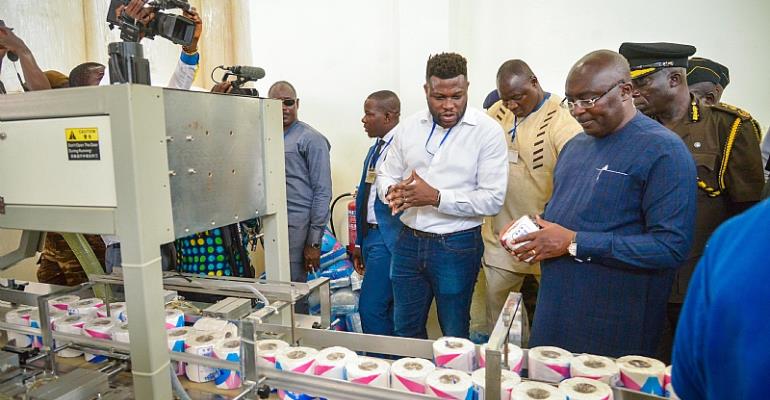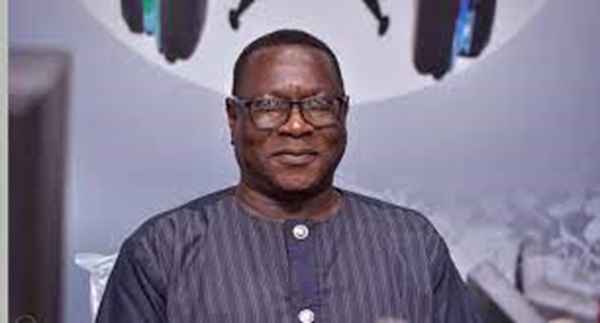Confusion as old women tears clitoris of newborns girl with their fingers

The report said this practice was done in one of the four districts in three regions surveyed, namely, Sawla-Tuna-Kalba in the Savannah Region, Wa East in the Upper West Region, and Kassena-Nankana West and Pusiga in the Upper East Region.
It was done to babies between the ages of three months to toddlers up to three years to make them think that was how they were created when they grow up.
Dr Mathilda Aberese-Ako, a Research Fellow at the Institute of Health Research, University of Health and Allied Science, and Consultant, disclosed this during the commemoration of the International Day of Zero Tolerance for FGM in Accra.
February 6 is set aside by the United Nations (UN) General Assembly to mark the Day to amplify and direct the efforts on the elimination of the practice.
The World Health Organisation said FGM comprised all the procedures that involved the partial or total removal of external female genitalia or an injury to the female genital organs for non-medical reasons.
The theme for this year’s celebration is: “Stepping Up the Pace: Strengthening Alliances and Building Movements to End Female Genital Mutilation.”
The research was conducted by Dr Aberese-Ako and Mr Atubiga Alobit Baba, a Lecturer at the Tamale Technical University.
The report is on the prevalence and drivers of the practice of FGM in some districts in northern Ghana and had been launched in Bolgatanga, the Upper East Regiona capital, and commissioned by the United Nations Population Fund (UNFPA).
The goal was to assess the current state of knowledge, attitudes and practices and the motivations that sustain the FGM practice in northern Ghana to inform strategies for interventions.
The report said FGM was happening despite a decline in the practice, particularly in Pusiga, Kassena-Nankana, and Sawla-Tuna-Kalba districts.
It said another trend was that people crossed the border to circumcise the girls.
A health worker admitted that the practice was ongoing in Widana Tanchingu in the Pusiga district, especially across the Togo border and that about 70 to 80 per cent of the girls from ages three and above were circumcised.
Concerning the percentage distribution of female respondents below 18 years who reported being circumcised, none of the 18 respondents in Kassena-Nankana West were circumcised, 36 per cent of respondents in Sawla-Tuna-Kalba were circumcised, Pusiga had 52.17 and Wa East had 16.67.
It revealed that the practice was higher in the Upper East Region than it was in the other regions attributing it to cross-border activities.
Reasons for practicing the FGM included preventing girls from prostitution, ensuring the virginity of the girls were protected and for girls to fit in and be socially accepted in the communities.
The report recommended that there must be a more wholistic approach to addressing FGM and that bylaws must also be enacted in communities that did not have them.
Source: GNA





